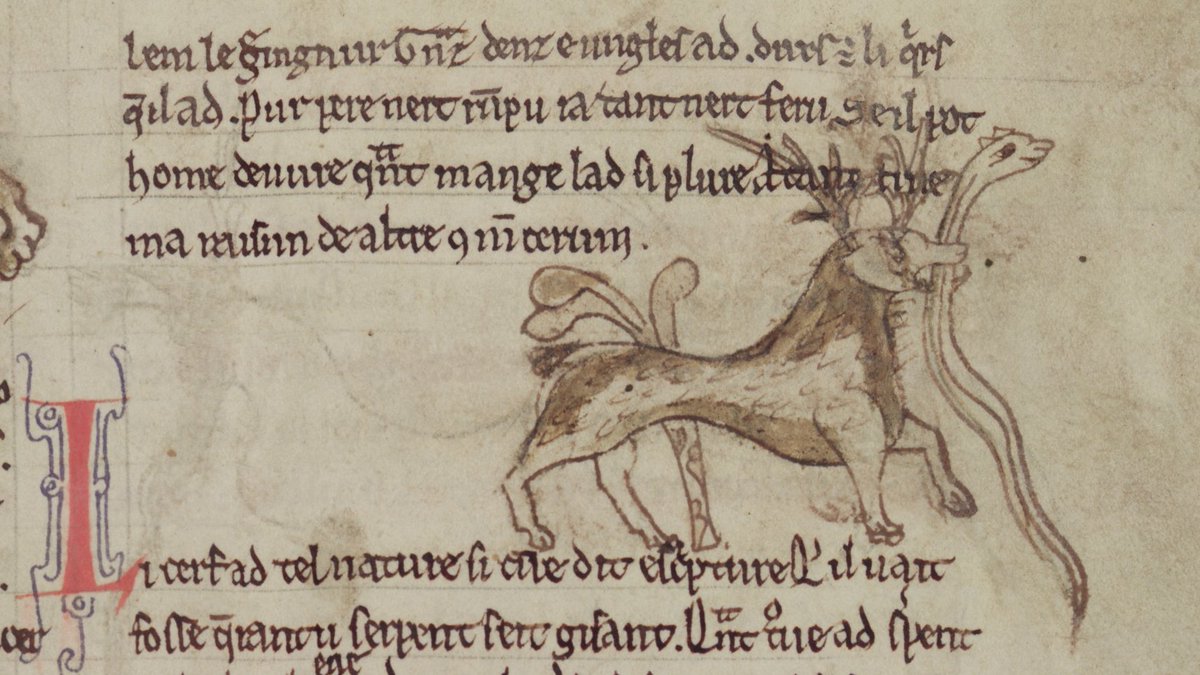Term has ended, but there are still Medievalist happenings going on in Oxford! As we look forward to Christmas, I come to your inbox bearing gifts: CFPs, Save-the-dates, and, of course, some Old English wisdom. First of all, an incredibly wise saying to ponder as we approach the new year:
God ger byþ þonne se hund þam hrefne gyfeð.
[It is a good year when the dog gives to the raven]
May 2022 be filled with such fortuitous events! On to the other gifts:
Save the Date:
- We are delighted to announce that our OMS Lectures will take place on 8th February (Lucy Pick: title tbc) and 26th April (Caroline Danforth: Paper, Linen, Silk, and Parchment – Material Fragments from an Extinguished Convent). Full details to come shortly on our blog.
- The Oxford Medieval Society Relaunch Party will take place at 5pm on 13th January 2022 at Kendrew Cafe, St John’s College. For queries, email oxfordmedievalsociety@gmail.com.
- Please get your submissions for the Hilary Term OMS booklet to me by January 5th 2022.
Events:
- The Scribal Identity and Agency Conference takes place on 16th-17th December on Zoom. To receive the link please register here. Abstracts can be found here.
Opportunities:
- The Oxford Medieval Graduate Conference, in association with Oxford Medieval Studies and sponsored by TORCH, has just released their call-for-papers for its 2022 conference on ‘Medicine and Healing’. Graduate students are invited to submit a proposal of up to 250 words to oxgradconf@gmail.com by 15th January.
- The Medieval Studies Program at Cornell University is pleased to announce its thirty-second annual graduate student colloquium (MSSC), which will focus on the theme of ‘Consuming the Middle Ages’. The conference will take place on the 23rd of April, to be held virtually over Zoom. The colloquium will be preceded by a small lecture series. We invite 20-minute papers that investigate consuming the Middle Ages as defined within a range of different disciplines and perspectives. Please send abstracts by January 30, 2021, to Sarah LaVoy at sfl39@cornell.edu.
- The Early Text Cultures research group based at the University of Oxford invites abstracts for its research seminar in Hilary Term, running from January to March 2022, which will be on ‘Gender Identities in Early and Premodern Text Cultures.’ Please send abstracts of no more than 300 words to earlytextcultures@humanities.ox.ac.uk by Friday 7 January. The seminar will be held in a hybrid form, with Zoom connection complementing a limited on-site presence in Oxford.
And finally, some wisdom to keep in mind when enjoying your festive mulled wine / hot chocolate:
Swa fulre fæt, swa hit mann sceal fægror beran.
[The fuller the cup, the more carefully it must be carried]
As this is my last email of the term, on behalf of all of us at OMS, I’d like to wish you all a Merry Christmas / Buon Natale / Bliþe Cristes mæsse! I hope that you all have an enjoyable and restful break, and I look forward to seeing you in the new year.

A Medievalist attempts to explain that Shakespeare isn’t Old English to confused family members over Christmas dinner
Merton College, MS 249, f. 3r.
View image and text in the Taylor Edition by Sebastian Dows-Miller
https://editions.mml.ox.ac.uk/editions/bestiary/#Leun2












